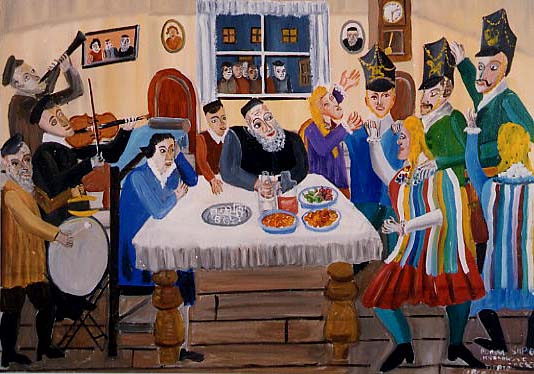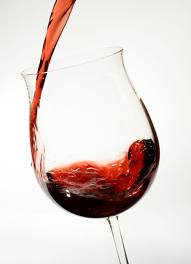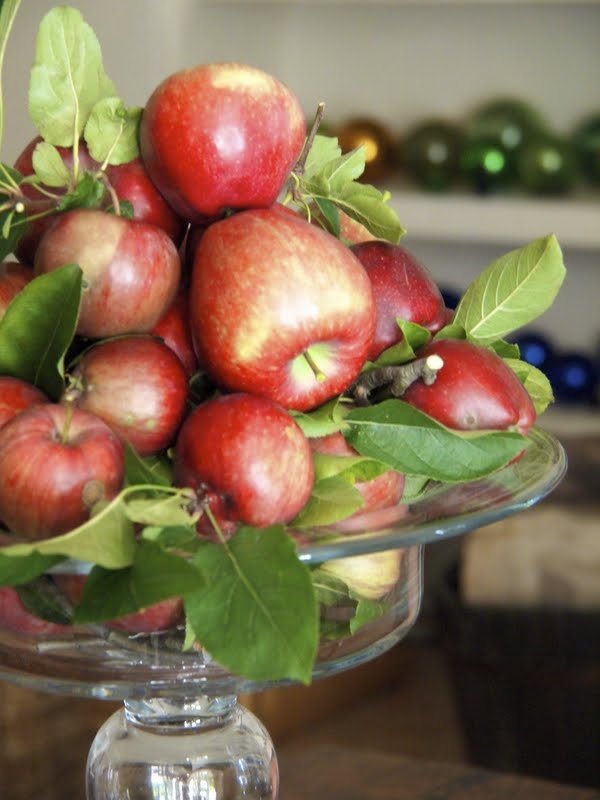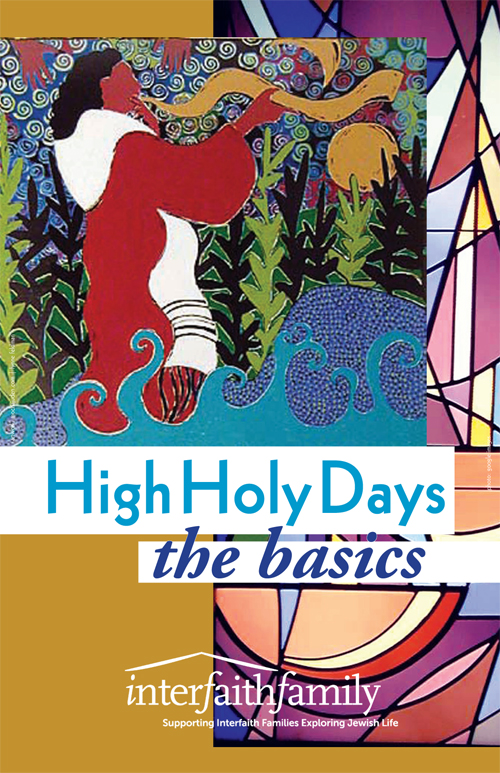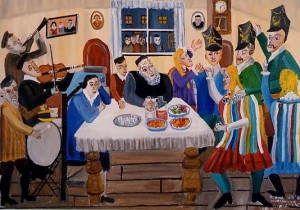
Esther and Mordecai proclaimed that Purim was a time of feasting and merrymaking (Esther 9:17, 22). This developed into the mitzvah of the Purim Seudah, or a feast held on Purim. The Purim feast is held in memory of Esther’s feast for Ahasuerus and Haman. There are some customs and requirements regarding various aspects of the Purim Seudah.
Timing of the Purim Seudah
The Seudah is held during the daytime. Some people also choose to have a meal at night, but it is not a commandment and, according to the Orthodox Union, does not fulfill the Seudah obligation. It is customary to make the Purim Seudah following the afternoon prayers. The bulk of the Purim Seudah must be eaten before nightfall.
The Purim feast occurs towards evening rather than in the morning, as is the case with other obligatory feasts, or ‘Seudot Mitzvah’, because people spend the morning delivering gifts to their friends and family – Misloach Manot, another Purim mitzvah.
When Purim falls on Erev Shabbat, the meal is held early, and is concluded with enough time before Shabbat for one to be able to fully partake of the Shabbat meal. However, some people follow the practice of extending their meal till Shabbat arrives, when a Shabbat tablecloth is placed on the table, Kiddush is recited, and the meal simply continues.
Drinking Alcohol During the Seudah
The Seudah is a secular meal, therefore no kiddush (blessing over wine) is said. There is much drinking of alcohol, however, as part of the mitzvah of the Purim Seudah is to get drunk until Jews are unable to distinguish between “Cursed is Haman” and “Blessed is Mordechai”. According to Torah.org, the Sages decreed that on Purim Jews should drink more wine than they usually drink. This is because the miracles of Purim were all associated with the drinking of wine: Vashti was removed from her throne because of a drinking feast and replaced with Esther, and Haman’s downfall came after Esther’s drinking feast.
Eating Meat During the Seudah
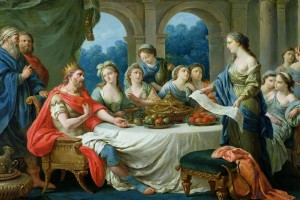
According to Chabad, it is customary in many communities to serve kreplach, which are meat-filled dumplings, during the Purim feast. The meat that is “hidden” inside the dough represents the Purim miracle which, though orchestrated by G‑d, was hidden in seemingly natural events.
As stated by the Orthodox Union, the Purim Feast is especially significant in that as it provides pleasure to the body through food and drink, it elevates the soul.


